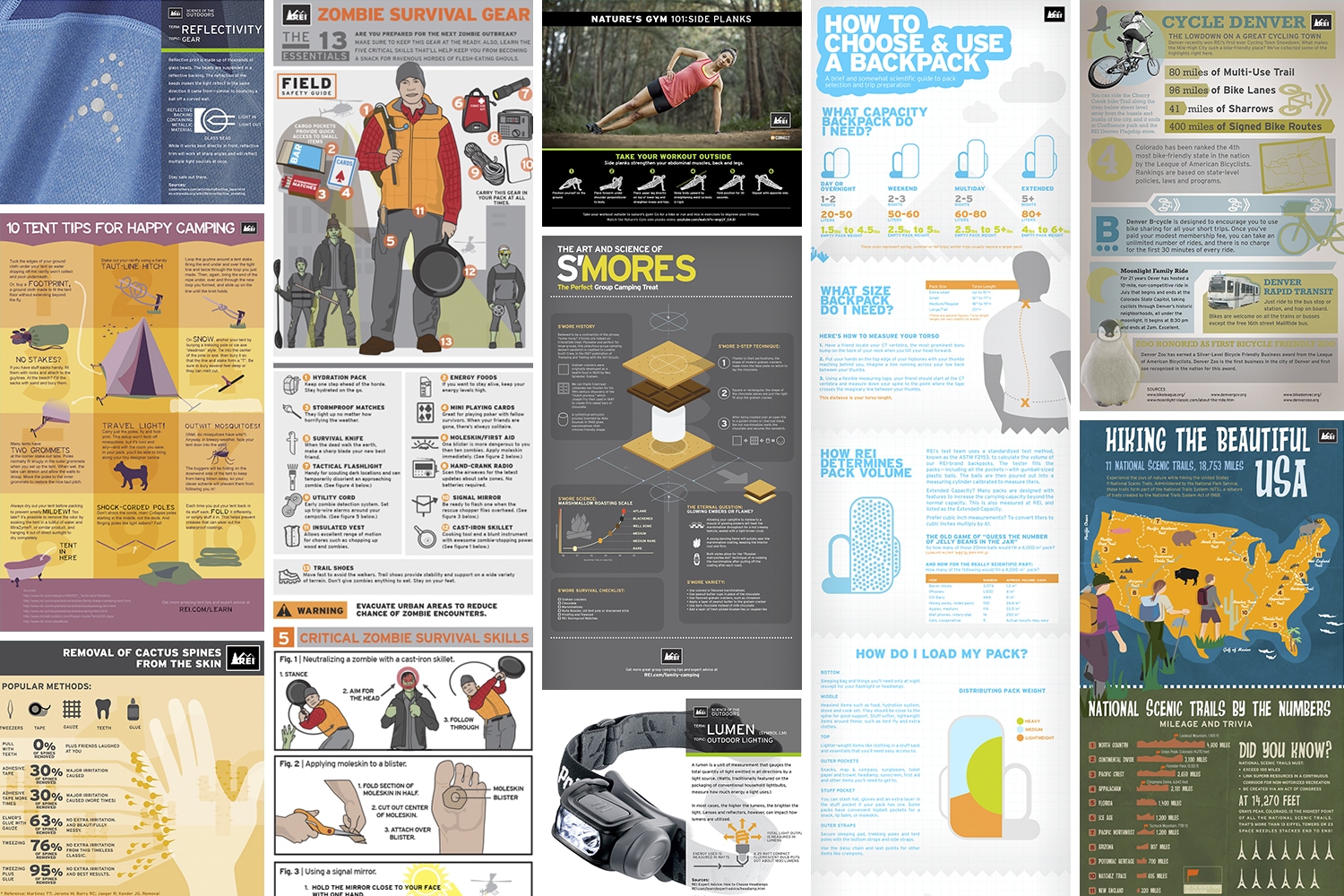Selecting the right structure material is crucial for occasion tents. Whether it's coated steel for budget plan outdoors tents or anodized aluminum for durable applications, there are several considerations to bear in mind.
Steel structures prevail in lower-priced pop-up camping tents but are prone to corrosion despite having layers and call for routine maintenance. Aluminum is lightweight, naturally withstands rust, and stands up well in moist or seaside atmospheres.
Steel
When it concerns making sure the resilience of custom tents, the product used in their frames plays a crucial duty. Steel and aluminum alloys both supply costs durability, but each offers unique benefits that make it proper for various sorts of settings. Steel is excellent for sturdy problems, while aluminum excels in resisting deterioration and decreasing upkeep costs.
When event hosts select the appropriate outdoor tents for their requirements, they need to consider factors like expected climate condition. For instance, structure camping tents frequently perform much better in windy or stormy problems than pole tents because they do not rely upon a main pole to support the framework. Nevertheless, the connections between structure items can compromise in high stress scenarios. Recognizing these weak points and carrying out regular inspections can aid prevent prospective damage.
Steel frameworks are hard to reduce, weld or shape, which can need customized devices and enhance labor costs. On top of that, they often tend to rust or corrode easily and may require extra protection or finishings. Additionally, steel is really hefty and can trigger issues when moving a canopy. It's also tough to store for extended periods of time since it takes up a lot more space than light weight aluminum frames.
Light weight aluminum
Aluminum is a prominent frame product for canopy outdoors tents since it's lightweight, rust-resistant, and easy to carry and set up. It also supplies a more secure shelter during gusty problems than steel frameworks. Light weight aluminum is less prone to tearing and any kind of damage can be easily repaired, lengthening the life of the outdoor tents. It likewise breathes to minimize condensation and offers superior acoustic insulation to dampen outside sound.
The durability of aluminum structure camping tents is even more enhanced by the natural oxidation residential properties of the metal. It develops a compact oxide layer that protects the surface area from deterioration and stains. Thus, the longevity of a light weight aluminum turn up camping tent can be boosted even further when the structure is anodized.
Anodized aluminum is more powerful than steel and can endure high wind speeds. Additionally, the finishing withstands corrosion and discolorations, expanding the lifespan of the tent. Additionally, plated tent accessories aluminum is recyclable and sustainable, making it perfect for organizations seeking LEED certification. The combination of these residential properties makes light weight aluminum an extra cost-efficient choice than steel for big, durable tents, such as those used to suit commercial tools and storehouse stock. Steel, on the other hand, is much more expensive because it requires costly alloys such as nitrogen, molybdenum, and chromium to enhance stamina.
Iron
Iron structure tents normally last up to 15 years if the right treatment and maintenance is used. This includes consistently cleaning up fabric and checking steel components for rust and wear. By taking these measures, occasion hosts can optimize the reliability of their frameworks and guarantee their continued efficiency in challenging atmospheres.
Steel is an ideal material for building sturdy tents, specifically for usage in rough weather conditions. It is a solid, durable, and cost effective product that offers stability and strength for a vast array of applications. However, steel is prone to rusting in moist and coastal environments. The enhancement of safety finishes and normal upkeep can aid to alleviate this danger, but these efforts increase overall maintenance prices.
On the other hand, light weight aluminum is a much more resilient choice for a customized tent due to its all-natural oxidation properties. When plated, aluminum becomes super-strong and approximately 3 times more challenging than basic light weight aluminum alloys. This makes anodized light weight aluminum the second-hardest material beside diamond (satellites, airplane, and army automobiles all make use of anodized aluminum). Along with its sturdiness, plated aluminum is likewise a lot more immune to corrosion than steel. These elements make light weight aluminum a superb option for pop up cover tents and add to their ability to bring longer service warranties (5, 7, and also life time frame warranties). Furthermore, aluminum is 1/3 the weight of steel enabling a much thinner structure design for even more customization choices and raised toughness.
